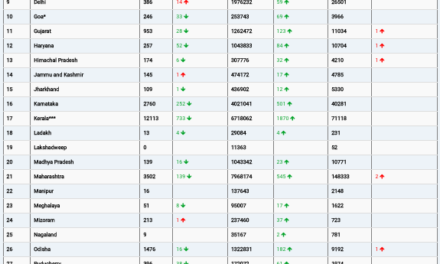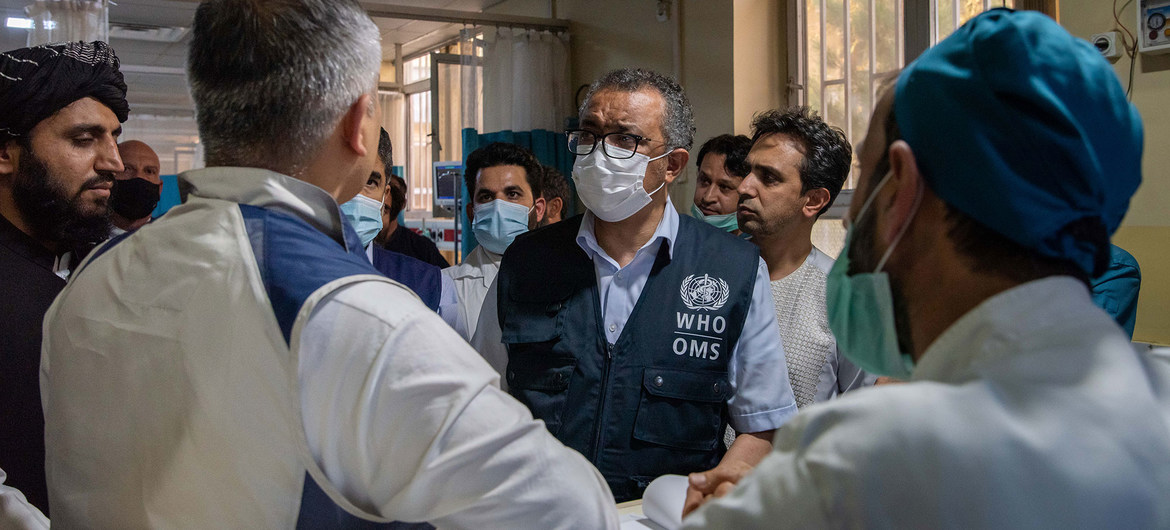In a groundbreaking study, researchers at UCLA have discovered that diet changes, particularly in the types of fats consumed, may play a significant role in slowing the progression of cancer, specifically prostate cancer. While the link between diet and cancer prevention has long been debated, this research suggests that adjusting dietary fats could potentially slow tumor growth, offering an alternative strategy for managing early-stage cancer.
The year-long study involved 100 men diagnosed with early-stage prostate cancer. Participants were divided into two groups. One group followed a diet low in omega-6 fats, commonly found in seed oils like canola, corn, and cottonseed oils, and high in omega-3 fats, which are abundant in fish like salmon. The second group continued with their usual Western diet.
By the end of the study, the group that made dietary changes showed a remarkable 15% decrease in tumor aggression markers, while the group that maintained a standard Western diet saw a 24% increase in these markers. The findings suggest that the type of fats consumed may influence cancer progression, raising questions about the role of common cooking oils in diet-related cancer risks.
“We’ve always known that diet plays a role in overall health, but these findings suggest that something as simple as adjusting your diet could potentially slow cancer growth and extend the time before more aggressive interventions are needed,” said Dr. William Aronson, professor of urology at UCLA and the lead researcher of the study.
The Western diet is known for its high consumption of omega-6 fatty acids, which are often found in processed foods and cooking oils. These fats have been linked to inflammation, a condition that can fuel cancer growth by damaging tissues and impairing the body’s ability to fight tumors. On the other hand, omega-3 fats, found in fatty fish, nuts, and flaxseeds, are known for their anti-inflammatory properties and may help slow tumor growth.
The study’s results could offer new hope for patients with early-stage prostate cancer, many of whom opt for active monitoring instead of immediate invasive treatments like surgery, radiation, or chemotherapy. Lifestyle changes, including diet modifications, could provide a non-invasive way to delay the need for more aggressive interventions.
Prostate cancer, the second-leading cause of cancer-related deaths in American men, affects hundreds of thousands of men each year. As the disease progresses, aggressive treatments are often required, which come with significant physical and emotional costs. The study’s findings suggest that dietary adjustments could serve as a complementary strategy to traditional cancer treatments, possibly extending the time before such interventions are needed.
Despite the promising results, the link between seed oils and cancer remains a point of controversy. Leading health organizations like the American Heart Association continue to assert that seed oils are safe and not directly linked to cancer. However, critics of seed oils, including public figures like Robert F. Kennedy Jr., argue that these oils contribute to the obesity epidemic and related health issues. A recent study from the University of South Florida even suggested a possible connection between seed oils and increasing cases of colon cancer in young adults, further fueling the debate.
While the UCLA study provides compelling evidence of the potential benefits of dietary changes for cancer patients, experts emphasize the need for more research. “This is an important step in understanding how diet can influence prostate cancer outcomes, but we need more studies to confirm these findings and provide actionable guidelines,” Dr. Aronson noted.
For now, the researchers encourage cancer patients and the general public to adopt a balanced diet, rich in anti-inflammatory foods like fish, nuts, and seeds. While diet alone may not cure cancer, it could play a significant role in improving patient outcomes and quality of life.
The study, published in the journal Clinical Oncology, highlights the potential for dietary modifications to complement cancer treatments and suggests that simple changes in fat intake could offer new ways to manage the disease.
As the research continues, it is hoped that dietary recommendations tailored to cancer patients could eventually reduce reliance on invasive treatments, offering a more holistic approach to cancer care.











